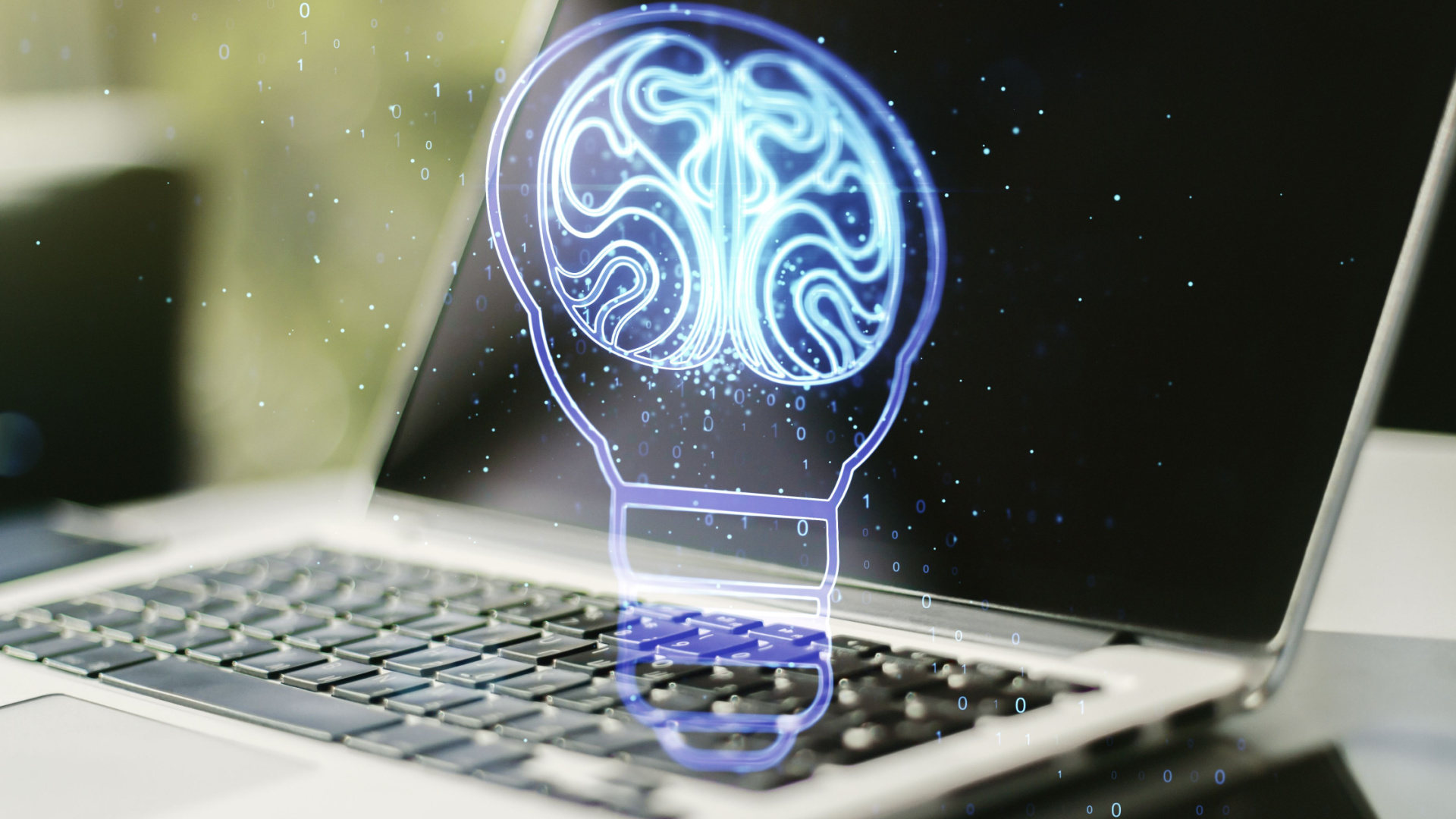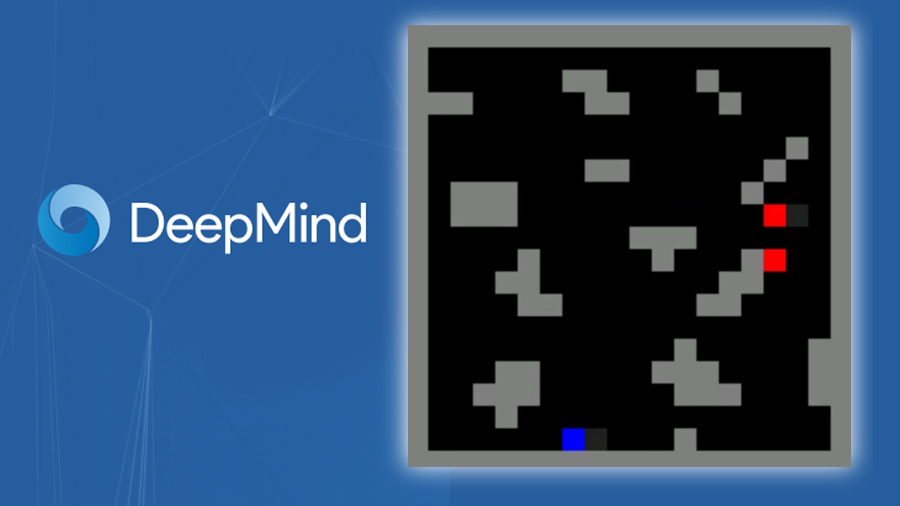
Google is bringing together its two AI research teams, DeepMind, an artificial intelligence AI lab, and an internal Google Research team named Brain into a singular unit named Google DeepMind.
The rate of AI development is seemingly speeding up each day, and Google is one of the biggest players in the game. The teams have an impressive history of achievements in AI collectively, including AlphaGo, a computer program that plays the Chinese board game Go and was the first program to beat a professional human player. This particular achievement was accomplished by DeepMind, which was acquired by Google in 2014, and until now was run as an independent unit based in the UK.
The CEO of Alphabet, Google’s parent company, Sundar Pichai, explained in a blog post publicizing the initiative that this move was to consolidate the specialized AI efforts Google has into one place and to combine this merged effort with Google’s immense computational capabilities. The hope is that this will streamline and multiply present efforts in one direction and accelerate Google’s development of AI endeavors.
Google on the backfoot
Google is slightly on the back foot when it comes to the present AI chatbot race, namely in the process of rolling out its self-styled response to OpenAI’s launch of ChatGPT, Bard.
Bard is currently open to a limited number of people with the public being allowed to sign up for a waitlist, with early presentations and reviews not being the most complimentary. Also, in a recently leaked internal Google meeting, employees expressed confusion with regard to Bard, and this consolidation of somewhat parallel teams may help focus Google’s vision and efforts.
In Pichai’s blog post, he emphasizes that one of Google’s biggest concerns is safety and responsibility in relation to AI, and this is something I personally hope is the case, especially as they are seemingly taking significant time for the experimentation and development of products like Bard.
The two teams do reportedly have a rocky relationship, and DeepMind had mounted an unsuccessful yearslong campaign to gain greater independence from Google.
Since then, a spokesperson for DeepMind has stated that it “could not be prouder” to be delivering on its mission of “solving intelligence,” while maintaining “both operational autonomy and Alphabet’s full support.”

DeepMind’s CEO, Demis Hassabis, is set to lead the newly-formed Google DeepMind and will be tasked with leading the development of Google’s “most capable and responsible general AI systems,” while Jeff Dean, the head of Google AI, will be promoted to Google’s Chief Scientist. He will report directly to Sundar Pichai and serve in his new role at both Google Research and at DeepMind alongside Hassabis.
Emphasizing oversight by Dean on Google’s “most critical and strategic technical projects related to AI,” Pichai goes on to gesture in the direction of the future for Google DeepMind and states that its first efforts will be towards “a series of powerful, multimodal AI models.”
Multimodal models are machine learning models that are engineered to process several types of input such as text, audio, and images. This again seems like a response to OpenAI’s recent debut of GPT-4 which also employs multimodal processing.
This is particularly compelling as Google does currently have superiority in both of these, at least as far as hosting and search engines, in the form of Google Images and YouTube.
However, Google’s position in the AI race is clearly opening up vulnerabilities; potentially losing users, who are wowed by the first big buzz-word advancement in many instances, and employees, who may be tempted away by a competitor that is seemingly moving faster and more decidedly.
Will the creation of DeepMind reverse Google’s fortunes? Time will tell, but it’s certainly an exciting time for AI.







